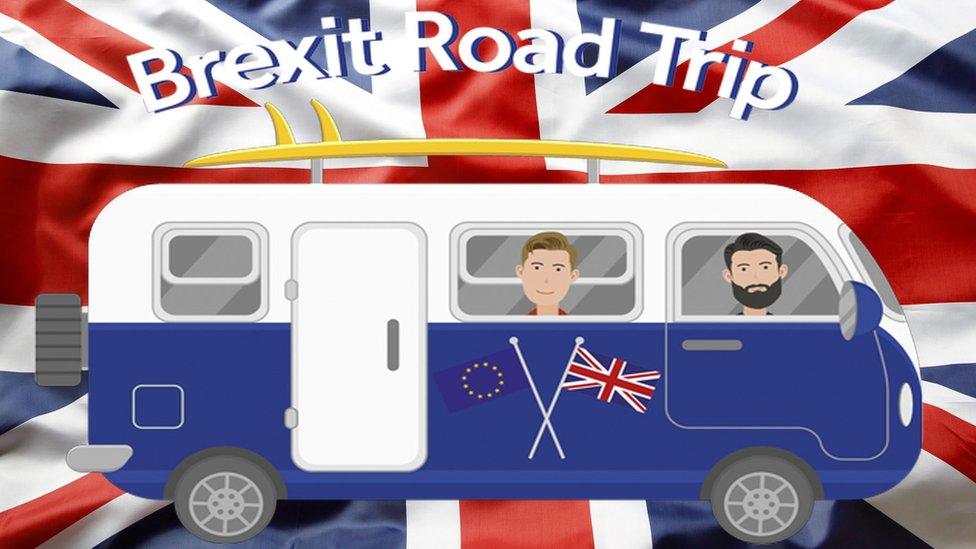Hard Brexit will make UK 'easy' for illegal migrants, says French MP
- Published
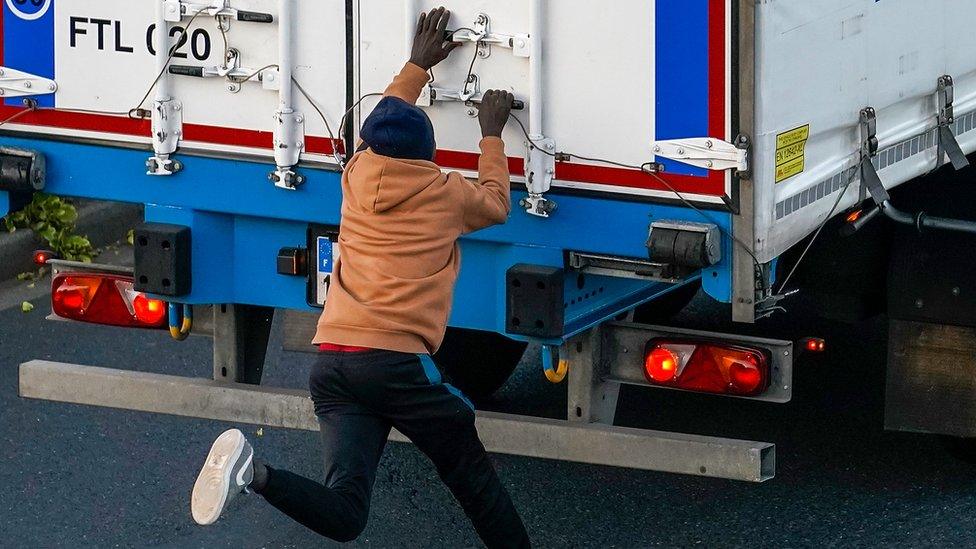
A man tries to climb onto a lorry in northern France
A hard or chaotic Brexit would make it "very easy" for illegal migrants to get into the UK, says a French MP.
Pierre-Henri Dumont told Radio 1 Newsbeat queues at custom checks would give people more opportunity "to sneak into trucks".
Charities say around 2,000 migrants are living on the French coast and many want to get to the UK.
The government says it always ensures it has the resources and workforce needed to keep the border secure.
More than 100 suspected migrants have attempted to cross the English Channel in dinghies to reach the UK so far this month.
An 18-month-old child was among nine people rescued by the Border Force on 27 November.
Two family groups, with four children in total, were found on the dinghy
A hard or no-deal Brexit would mean Britain would cut lots of ties with the EU.
This could mean giving up things like membership of the single market and the customs union and instead the UK would set up its own trade deals and rules.
The government's guidance papers , externalon a no-deal Brexit say there's likely to be new requirements at borders with the EU if the UK leaves without a deal.
"It is possible that EU required checks at EU ports could create delays and also affect routes."
Mr Dumont is the MP for Calais and also looks at Brexit in the French parliament.
He believes a hard Brexit would make it "very easy for illegal migrants to come and try to sneak into the trucks" because of queues at customs checks.
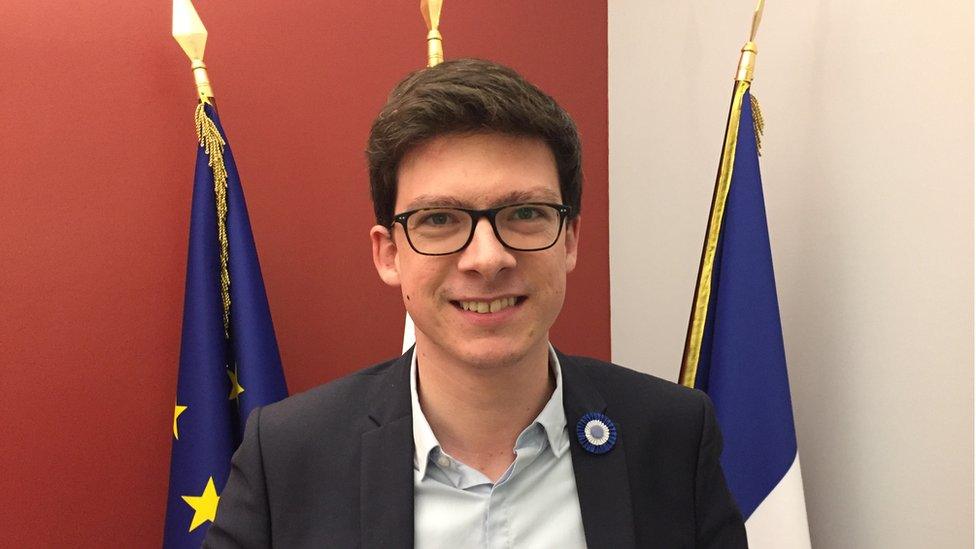
Pierre-Henri Dumont is the MP for Calais
He says he thinks it's a "very huge irony" that some British voters thought leaving the EU would mean tighter borders and taking back control of immigration policy.
"British voters were voting with a false basis at the time of Brexit," he adds.
Newsbeat visited Calais and Dunkirk and spoke to people who had travelled from places like Afghanistan, Iraq and Eritrea.
"Some people are saying when the UK gets out of Europe it will need more people," one man told us.
"So they might make it easier, or maybe they will close the border and not let anyone in."
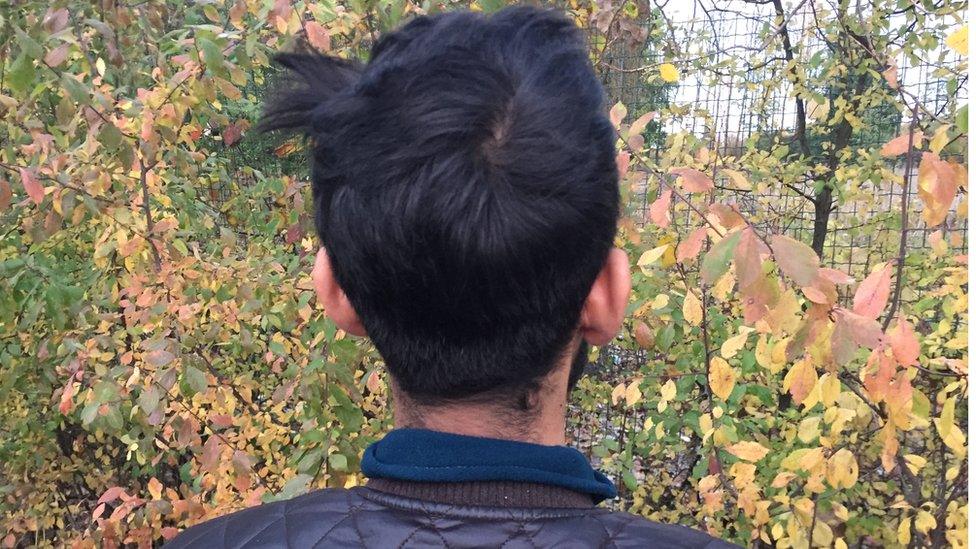
"I will never go back to my country I'd rather die here than go back", one man said
However, many of the people we spoke to had not thought about what Brexit would mean for them.
Instead they told us about the harsh conditions and why they had left their countries.
"It's so cold here," one said. "We are trying to go to the UK because we have family there."
Most of the migrants in Dunkirk are Kurdish people fleeing from Iraq.
"I have a problem with my life," Bhatia told Newsbeat.
"Some of us have religion problems and some have politics problems."
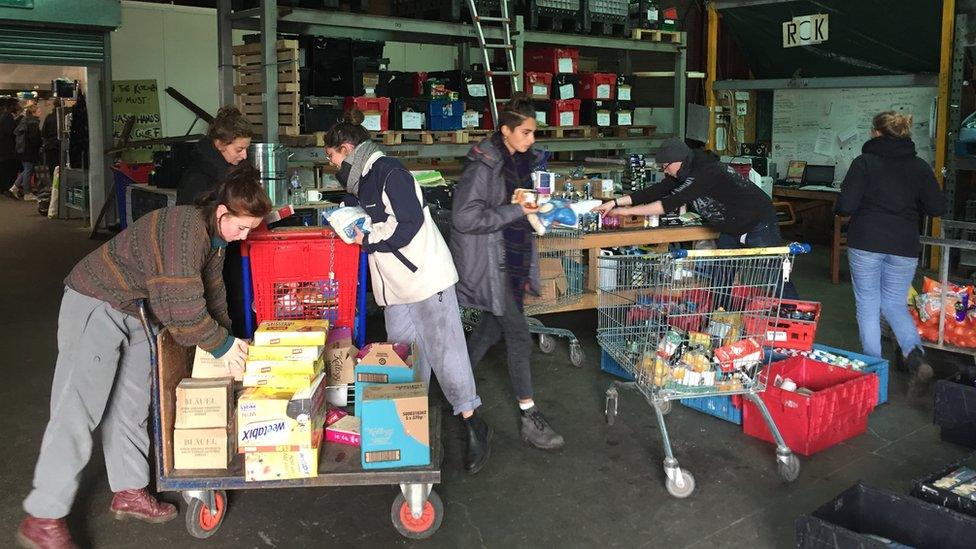
Aid workers from Help Refugees distribute thousands of items every week
The issue of Brexit may not be high on their agenda but the charity which runs the biggest aid operation in northern France is worried.
"It's very up in the air at the minute," says Maddy Allen from Help Refugees.
"I'm concerned about what impact it will have on aid workers who are supporting the situation in Calais and Dunkirk."
She says she's also concerned about logistical issues which remain unclear.
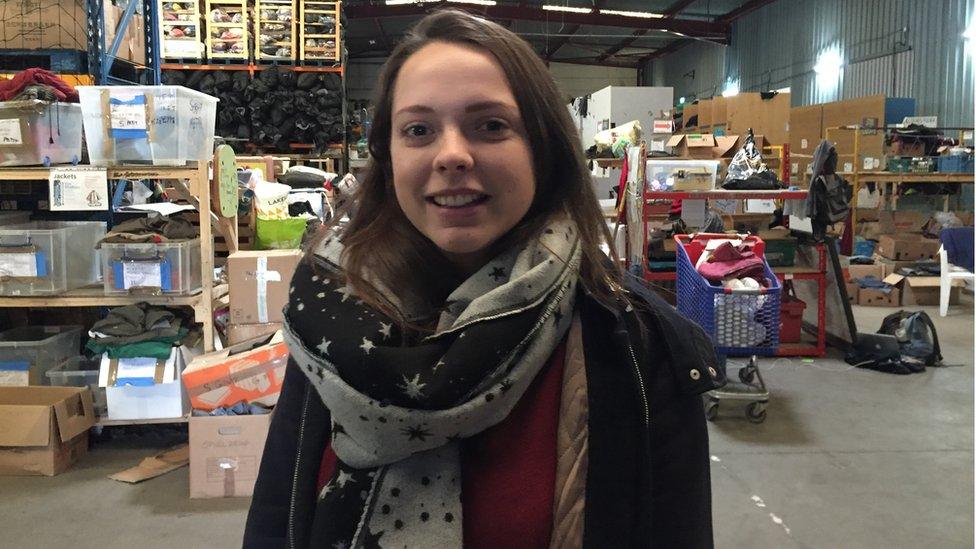
Maddy Allen says Brexit is a concern for aid workers
"I'm worried about how phone data is going to work for British citizens or how we are going to be able to drive or visa restrictions.
"It's something we are watching very closely."
A Home Office spokesperson said: "The UK takes a wide range of measures to maintain the security of the border and prevent migrants from entering the country illegally.
"We will always ensure we have the resources and workforce we need to keep the border secure and will respond flexibly to emerging requirements."
Follow Newsbeat on Instagram, external, Facebook, external and Twitter, external.
Listen to Newsbeat live at 12:45 and 17:45 every weekday on BBC Radio 1 and 1Xtra - if you miss us you can listen back here.
- Published27 November 2018
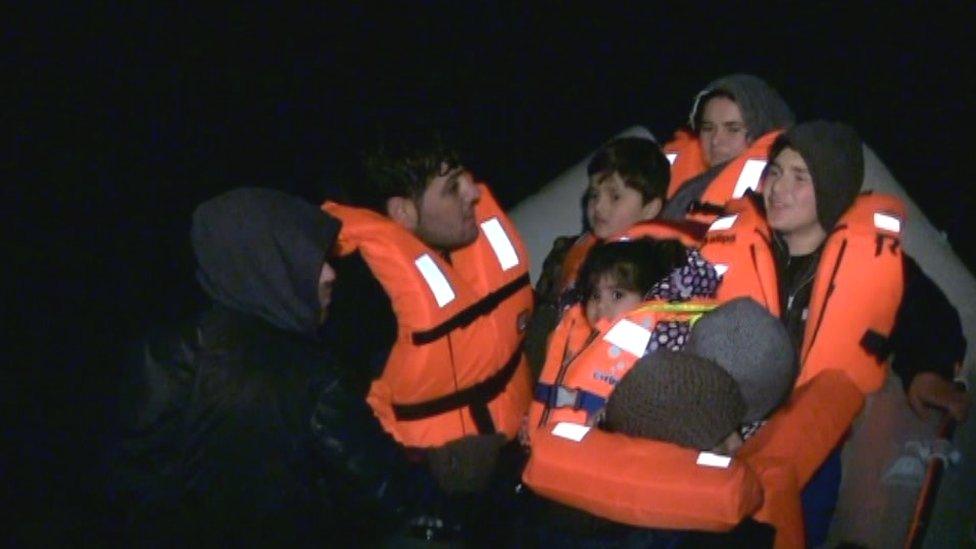
- Published24 November 2018
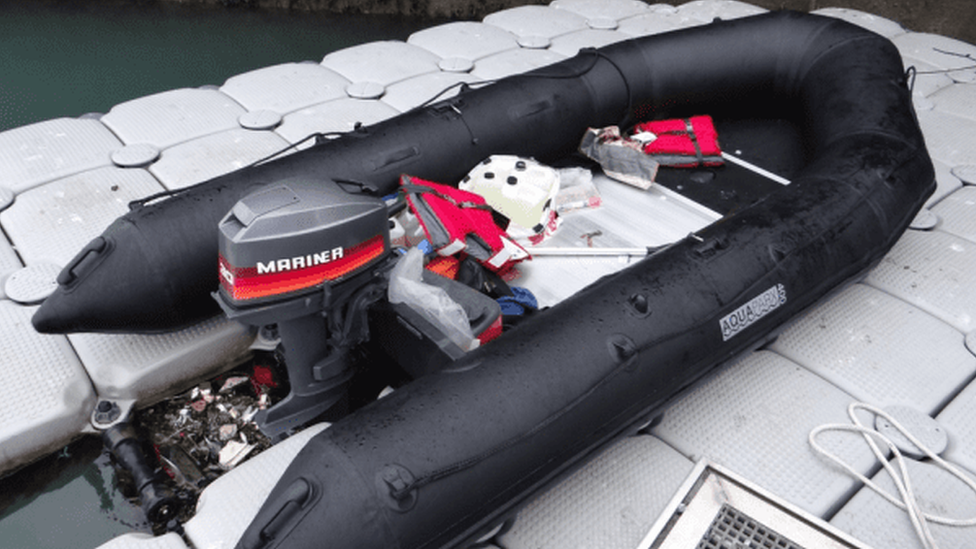
- Published16 November 2018
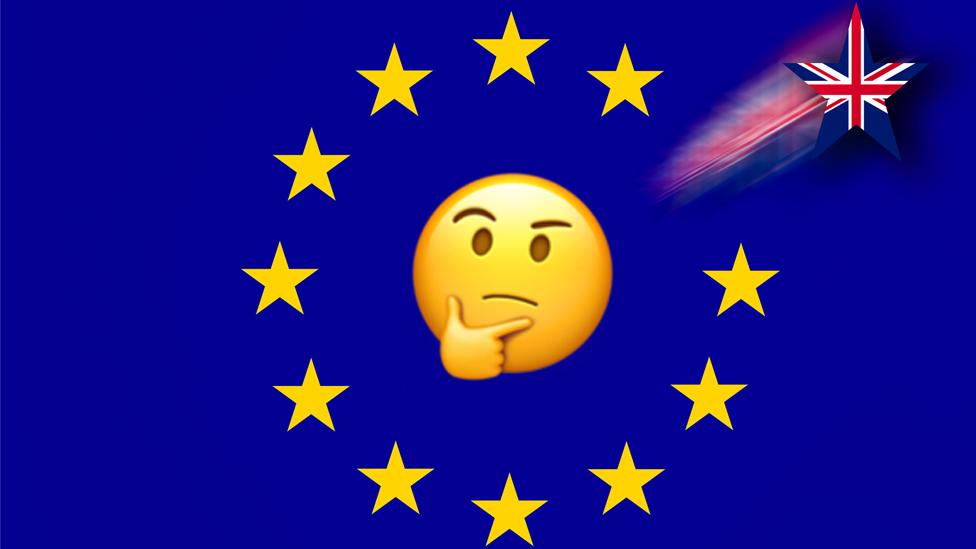
- Published22 September 2018
